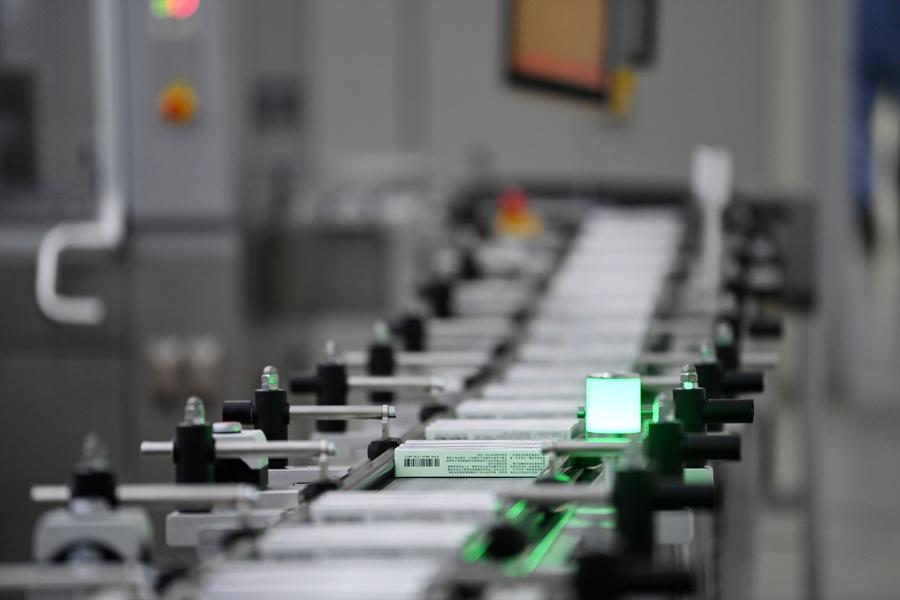China diabetes cure through stem cell treatment and Chinese weight loss drugs that treat symptoms offer hope for diabetes cure.
Chinese Weight Loss Drugs
A series of new weight loss drugs being tested in China offers a chance to combat diabetes. A report in Nature showed that a series of Chinese weight loss drugs currently being tested can help deal with complications from diseases including diabetes.
Results from a phase III trial of ecnoglutide show that people receiving a weekly injection of the drug lost up to 13.8 kilograms over 48 weeks of treatment. It is believed to improve risk factors for heart disease and diabetes
It belongs to the GLP-1 class of medications for weight loss and related conditions.
Reuters have also reported that the Shanghai-based Innogen will complete a late-stage trial of its weight loss drug next year. Chinese regulators have already approved their self-developed efsubaglutide alfa as a once-weekly injection for the control of Type 2 diabetes in January.
While these drugs do not offer a cure for diabetes, they are important for reducing risk factors and controlling the disease.
China Diabetes Cure
Separately, researchers at NYU Langone Health, the Chinese Academy of Sciences, and Zhejiang University have conducted a study that shows a potential cure for diabetes. They carries out a study looking at the autoimmune disorders type 1 diabetes, multiple sclerosis (MS), and hepatitis. The study showed that a treatment called LAG-3/TCR Bispecific T cell Silencer or BiTS – could potentially stop all of these incurable disorders in their tracks by ‘resetting’ the immune system so it ceases its attacks on healthy tissue.
These weight-loss drugs and study into T-cells followed the news at the end of last year of a successful China diabetes cure.
Chinese scientists believed to have found a cure for type 1 diabetes, by transplanting islet cells derived from chemically induced pluripotent stem cells (CiPSC-islets). The first of its kind treatment was performed by medical scientists from Tianjin First Central Hospital, Peking University, Changping Laboratory and Hangzhou Reprogenix Bioscience.
During the study, a female patient who had type 1 diabetes for 11 years was completely dependent on insulin treatment and suffered from poor blood sugar control. After the transplant of CiPSC-islets, she regained the capability to autonomously regulate her blood sugar.
Seventy-five days after the transplant, she became insulin independent and has remained insulin injection-free for over a year. All her diabetes-related indicators have reached the levels of a healthy person, confirming the clinical cure of this type 1 diabetes patient.
While these treatments and cures are all in their early stages and it is unclear if they will successfully develop into regular everyday use, they offer hope for a China diabetes cure.
If you liked this article, why not read: How eVTOLs Are Redefining Air Travel in China














